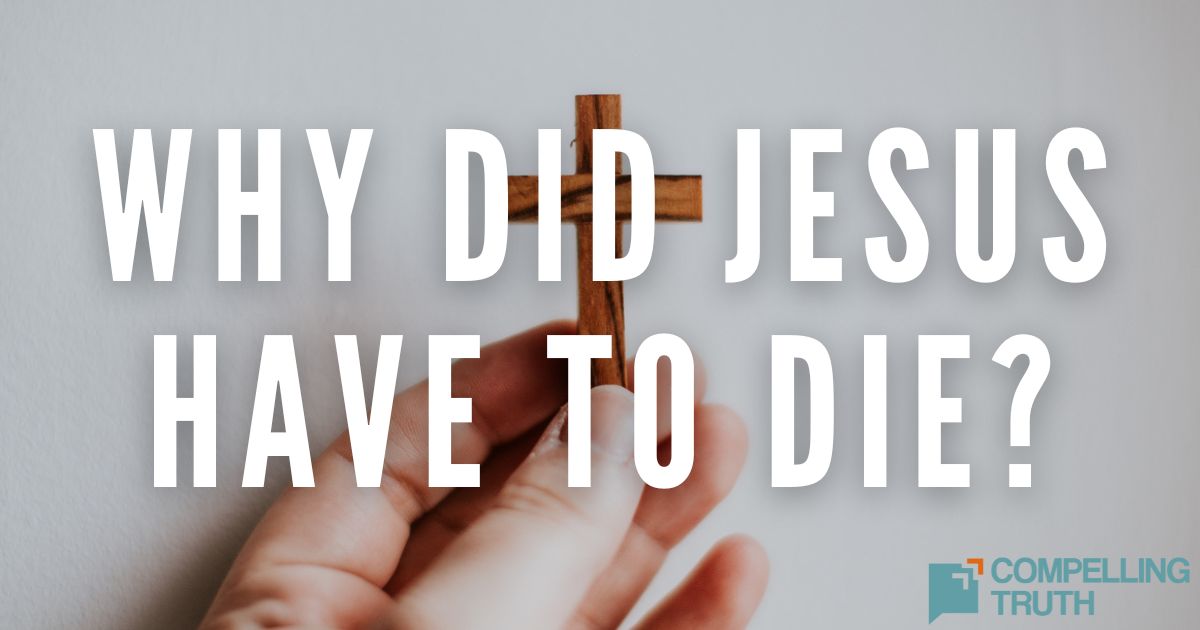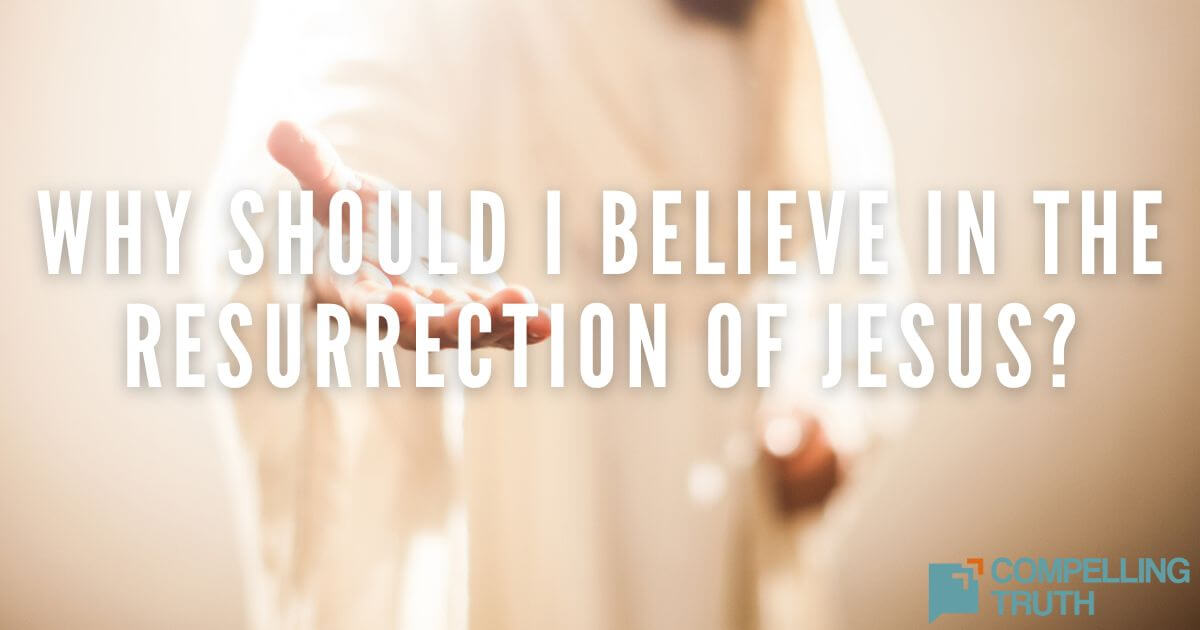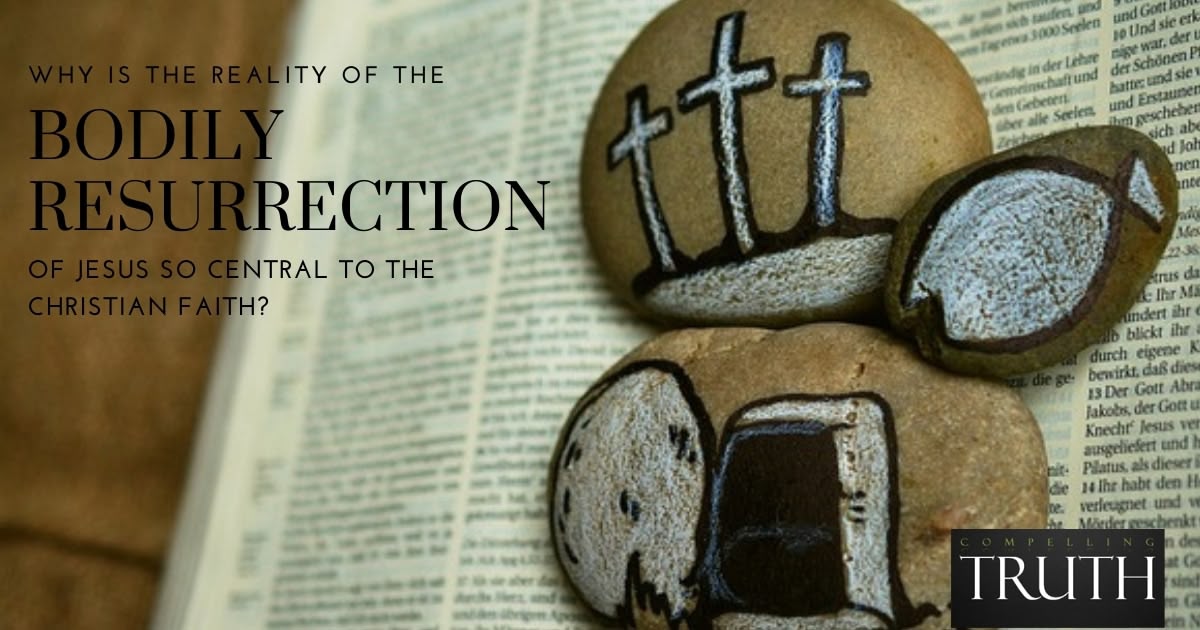Jesus dying for the sins of the world and His resurrection from the dead are equally important. In fact, they are mutually dependent on one another. It would be impossible for Jesus to do one act without the other and still be rightfully called the Christ. Some people mistakenly think that Christ is Jesus's last name, but it is actually a title. It is a title filled with prophetic and eschatological meaning. Christ means "Messiah" or "the Anointed One," and neither term could be applied to Jesus if He ONLY died or was ONLY resurrected. In order to be Christ, He must have done both.
It is logically impossible to be resurrected without first dying. Obviously, no one can be resurrected from the dead without first being dead. However, if Jesus were to die, but not for our sin, and then be raised from the dead, we would not benefit at all from His resurrection. Such a resurrection would reveal His power over death, but it would not satisfy God's just wrath toward us. Since Jesus would not have suffered in our place and therefore would not have paid the penalty our sins deserve, we would have to suffer and pay the penalty ourselves (Romans 6:23). This means we would still be condemned. So, either way you look at it, whether you remove Jesus's substitutionary atoning death on our behalf or remove His resurrection from the dead, we would remain in the same tragic state. That is, we would remain "in our sins," which means we remain under God's just condemnation, awaiting His just punishment. Thankfully, amazingly, gracefully, this is not this case. As we continue to read 1 Corinthians 15, Paul reveals the truth of God concerning who Jesus is (i.e., the Christ). Jesus is the Savior of all who believe in Him, who trust in His sacrificial death for the forgiveness of sin and His glorious resurrection from the dead for eternal life (1 Timothy 4:10; Ephesians 1:7; John 11:25).




